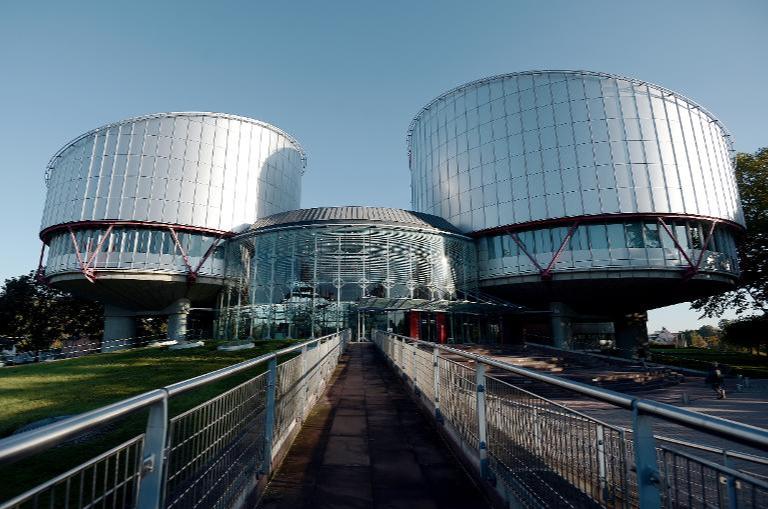The Irish government will ask the European Court to reopen a landmark case that alleged the British army tortured Irish prisoners during the sectarian conflict in Northern Ireland, Dublin said on Tuesday.
The decision to pursue the so-called “Hooded Men” case was taken due to legal advice and thousands of newly released documents, Irish Foreign Minister Charlie Flanagan said.
The 14 men were interned, detained without trial, in 1971 during “The Troubles” in Northern Ireland and were taken to a secret location later confirmed to be an army base.
Hoods were put over their heads, and they were thrown out of helicopters after being told they were hundreds of feet in the air. In fact they were just a few feet from the ground.
They were beaten, forced to stand against the wall for long periods in stress positions, deprived of food, drink and sleep and subjected to noise.
None was convicted of a crime.
The European Court of Human Rights ruled in 1978 that the group’s experience constituted inhuman and degrading treatment, but was not torture.
However, new information was uncovered in a television documentary “The Torture Files” by Irish national broadcaster RTE aired in June.
Using evidence from archives in London, the documentary claimed the British government knew and authorised the interrogation tactics.
The British defence ministry has denied that it authorised torture.
Liam Shannon, one of the hooded men, welcomed the decision to request a new judgement.
Rights group Amnesty International, which had championed the men’s case and pressured Dublin to act, said that the British government “withheld from the European Court what it knew” about the case.
Some 3,000 people were killed in the three decades of sectarian bombings and shootings in Northern Ireland known as “The Troubles”, but a shaky peace has prevailed since a landmark agreement in 1998.

COMMENTS
Please let us know if you're having issues with commenting.